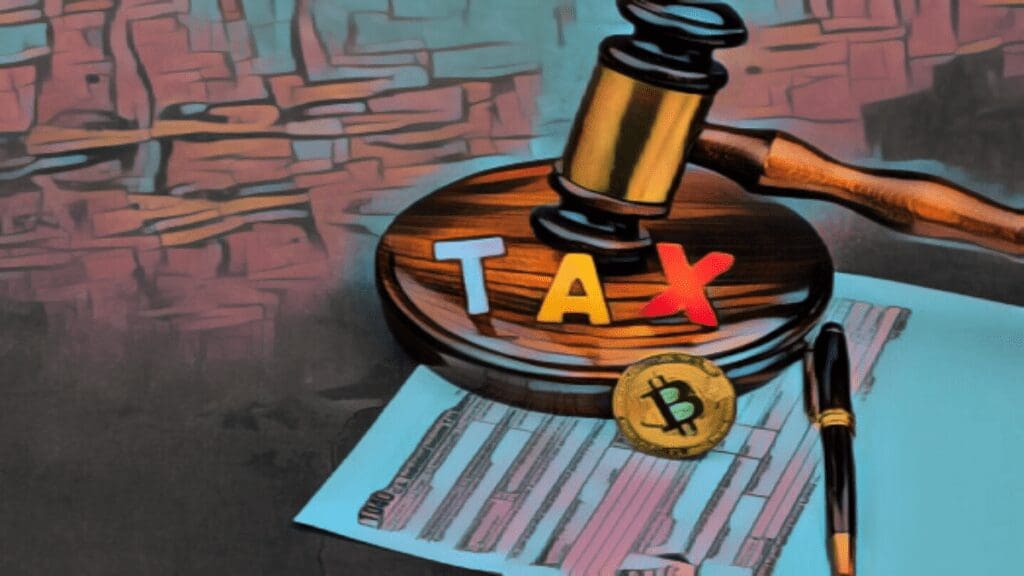Summary:
- The proposed IRS crypto tax reporting rules aim to simplify tax filing but are met with opposition from the crypto community, including Coinbase’s Chief Legal Officer.
- Coinbase’s Chief Legal Officer argues that these regulations could harm the crypto industry and compromise user privacy by collecting excessive data.
The cryptocurrency landscape has seen significant growth and innovation in recent years. However, the regulatory environment surrounding digital assets is still evolving, with the U.S. Internal Revenue Service (IRS) proposing new crypto tax reporting rules in August. If approved, these regulations will come into effect in January 2026, significantly impacting the industry.
Coinbase’s Chief Legal Officer, Paul Singh Grewal, has taken a stance against these proposed rules, and in this article, we will explore the potential implications of the IRS’s crypto tax reporting rules and Grewal’s perspective on why they should be opposed.
The IRS’s Proposed Crypto Tax Reporting Rules
The IRS released a draft of proposed regulations for crypto tax reporting on August 25. Under these rules, crypto brokers, which include centralized and decentralized exchanges, crypto payment processors, certain online wallets, and crypto brokers, would be required to use a new form for reporting. The aim is to simplify the tax filing process and reduce tax evasion. This would put digital assets on par with traditional financial reporting methods, a point of contention in the crypto community.
The Concerns Raised by Coinbase’s Chief Legal Officer
Paul Singh Grewal, the Chief Legal Officer of Coinbase, has voiced his concerns regarding the proposed IRS crypto tax reporting rules. His primary argument is that these rules go beyond the congressional mandate to establish tax reporting rules and could set a dangerous precedent for surveillance.
Grewal believes that if these regulations become law, they could put digital assets at a disadvantage and harm an industry that is still in its nascent stages. His concern stems from the broad scope of the proposed regulations, which would require the reporting of almost every digital asset transaction, even minor ones like purchasing a cup of coffee. This level of reporting, in Grewal’s view, would be an overreach into the everyday financial activities of consumers.
Also Read: Navigating DAC8: The EU’s Latest Crypto Tax Reporting Rule
Additionally, Grewal raises concerns about the extensive data collection required by these regulations, which he believes serves no legitimate public purpose. He argues that the data collection would place an unnecessary burden on emerging Web3 startups by imposing costly requirements while providing the IRS with more data than they can effectively manage.
The Broader Implications
The proposed IRS crypto tax reporting rules have sparked a debate within the cryptocurrency community. On one hand, proponents argue that it will simplify the tax filing process and prevent tax evasion. On the other hand, opponents, like Coinbase’s Chief Legal Officer, warn that these regulations could stifle innovation, burden startups, and compromise the privacy of users.
Conclusion
The battle over the IRS’s proposed crypto tax reporting rules is far from over. While these rules aim to bring clarity and transparency to the taxation of digital assets, they also raise important questions about privacy, innovation, and government overreach. As the crypto community continues to evolve, it will be essential to strike a balance between regulatory compliance and the principles of decentralization and user privacy.

